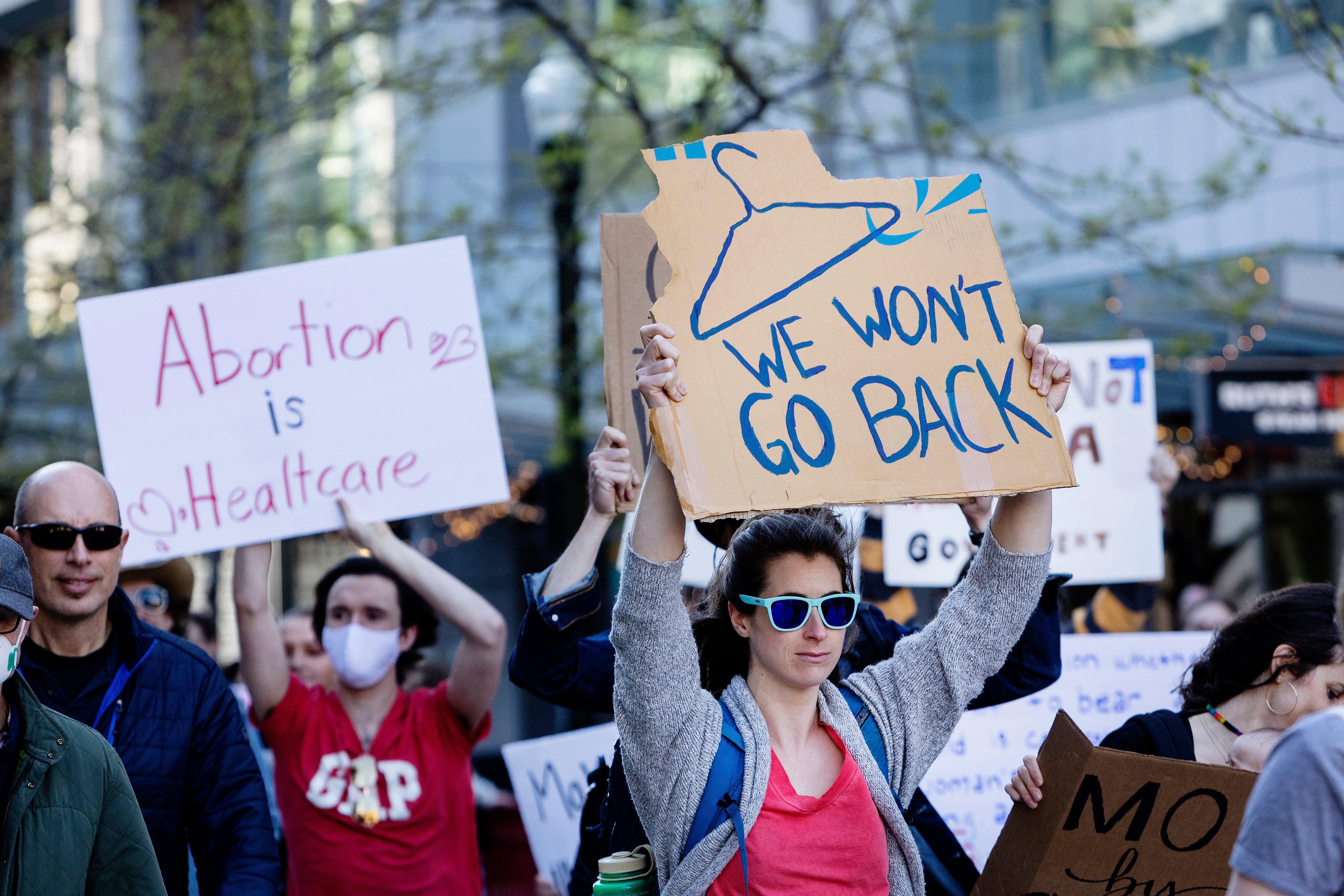Supreme Court allows Idaho to continue enforcing ban on emergency abortions
Supreme Court will hear arguments in abortion ban case in April
The Supreme Court permitted Idaho to continue enforcing its strict abortion ban that can penalise doctors for performing the procedure even in emergencies.
In an order released on Friday evening, the court granted two requests from state officials that claimed a federal statute requiring doctors to perform emergency stabilising care to patients did not include an abortion procedure.
In granting the requests, the court put a lower court ruling on hold that blocked a portion of Idaho’s Defense of Life Act which imposes penalties on doctors who perform abortions unless the physician used “good faith medical judgment” that it is necessary to protect the life of the mother.
The state’s law conflicts with guidance from the Biden Administration that claimed hospitals must provide abortions to patients in emergency situations under the Emergency Medical Treatment and Labor Act (EMTALA).
The act requires hospitals that receive federal funding to treat or stabilise a patient regardless of their ability to pay or insurance status. However, the law does not explicitly mandate which medical treatments, like abortions, are necessary.
The Biden administration argues the federal statute should override any state abortion restrictions while Idaho officials believe the administration misused the law to impose a impose a federal mandate on states.
“EMTALA’s protection for the uninsured into a federal super-statute on the issue of abortion, one that strips Idaho of its sovereign interest in protecting innocent human life and turns emergency rooms into a federal enclave where state standards of care do not apply,” Idaho officials said in their appeal to the court.
In the US’s response, Solicitor General Elizabeth Preloger said that abortions are necessary when “medical conditions that threaten their lives or risk severe and lasting harms, including sepsis, uncontrollable bleeding, kidney failure, and loss of fertility” occur.

The court said it will hear consolidated oral arguments in Idaho v US and Moyle v US in April and issue a ruling by June.
The court’s order is the latest abortion-related case to make it to the Supreme Court, joining another high-profile case that will determine the use of the medication mifepristone.
The contentious battle over abortion access in states is setting up an anticipated term for the court which returned the right to abortion over to the states last year.
Join our commenting forum
Join thought-provoking conversations, follow other Independent readers and see their replies
Comments
Bookmark popover
Removed from bookmarks